In the new year Microsoft is implementing changes to their Enterprise Agreements (EA) which are set to impact how businesses manage their Microsoft software and services, particularly for those using cloud-based solutions. The changes are in line with Microsoft’s broader business strategy to streamline licensing and emphasise subscription-based models.
We thought a summary of what the changes are, when they come into effect, as well as who and how companies are affected would be useful.
- From January 2025, some cloud Enterprise Agreements will no longer be eligible for renewal under the existing framework. Affected customers will be notified by Microsoft and they will need to transition to the Microsoft Customer Agreement for Enterprise (MCA-E) or the Cloud Solution Provider (CSP) program
- For enterprise customers (3000+ employees) The MCA-E will become the new standard. This agreement introduces a new structure, focusing on subscription-based models and operational expenditure (OPEX) licensing. However, the new MCA-E excludes operational support from licensing partners. The MCA-E will also have a unique price list without traditional price bands or ‘From SA’ option.
- For small and midsize customers (SMC) between 500 and 3000 employees, Microsoft recommends moving to a Cloud Solution Provider (CSP). CSP’s are a vital pillar for Microsoft in meeting customer needs, particularly when driving end-to-end success for SMCs.
- From April 2025 Microsoft has announced it is increasing the licensing costs for Teams Phone and Power BI. They are also adding a premium to monthly billing premiums for those customers on annual licenses.
- Discounts and promotions – to ease the transition for customers moving to a CSP Microsoft is offering a 15% incentive on Microsoft 365 E5 annual subscriptions until June 2025.
What happens next?
For any organisation currently on an EA you now need to evaluate your options and assess whether the MCA-E or CSP best fits your needs, considering the lack of partner involvement and different pricing models.
Customers seeking value-added services and a support experience through a partner should choose to work with a CSP. Customers seeking a direct purchasing relationship with Microsoft or who prefer to manage their own per-user purchases should select MCA-E.
The advantage of working with a CSP, such as Transparity, is help to navigate these changes with confidence, knowing they are fully supported in their path to growth.
“Transparity supported us throughout what was a significant project. From start to finish, every interaction was managed with the highest professionalism. Their deep expertise in Microsoft solutions was clear at every step, and the project was executed flawlessly, complete with comprehensive final documentation. We couldn’t be more pleased with the outcome and wouldn’t hesitate to recommend as a provider. Thank you!”
Carol Williams, IT Partner, Stiles Harold Williams
Please get in touch if you’d like to discuss the changes to your EA and would like to know more about the benefits Transparity can provide to ensure you maximise the value from you Microsoft investments via our CSP offerings.



